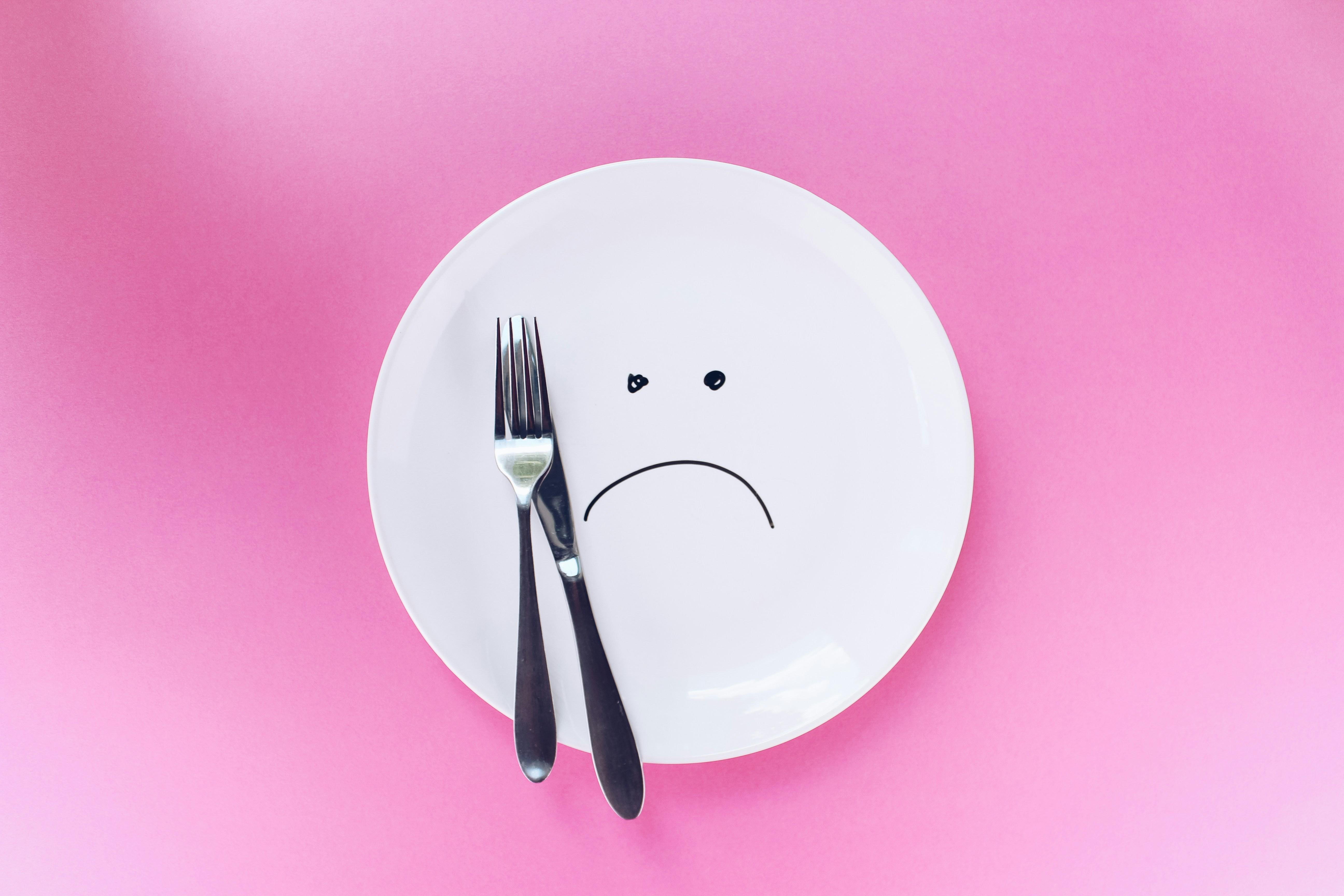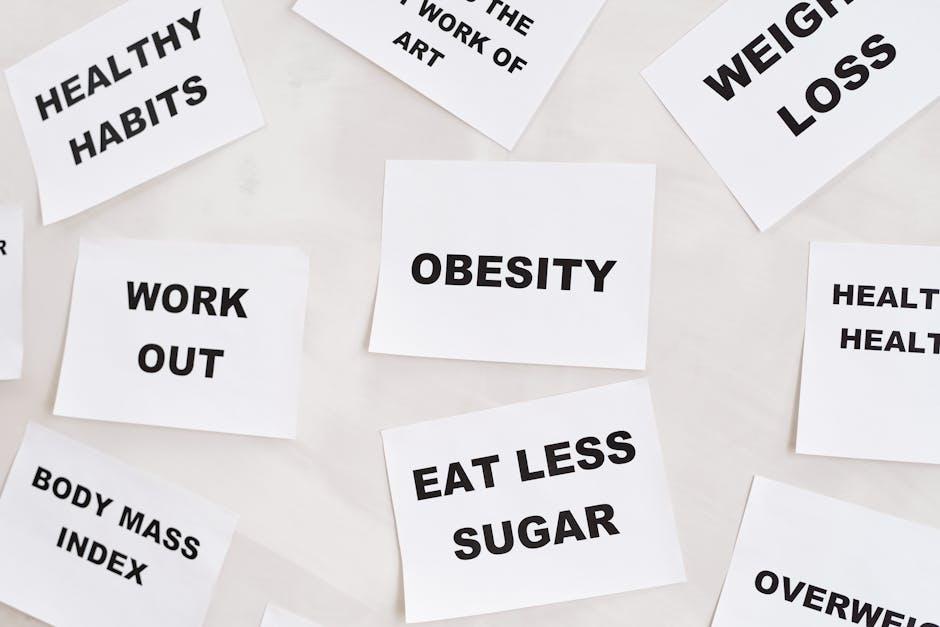In the quest for health and wellness, the world of nutrition often finds itself at a crossroads, where convenience meets caution. Processed foods, those enticingly packaged items lining grocery store shelves, have long been vilified as the saboteurs of weight loss endeavors. Yet, in a landscape filled with dietary advice and fad diets, the question remains: should weight loss plans truly shun all processed foods? This article delves into the complexities of this debate, exploring the science, the misconceptions, and the practicalities of navigating a modern diet. By examining the potential benefits and pitfalls of excluding processed foods, we aim to uncover a balanced perspective on whether these ubiquitous products deserve a place in our weight loss journeys.
Exploring the Role of Processed Foods in Modern Diets
When it comes to weight loss plans, the topic of processed foods often sparks intense debate. On one hand, these foods are convenient and can be found in almost every household. On the other hand, they are often blamed for contributing to health issues like obesity and heart disease. Understanding the role processed foods play in modern diets requires us to look beyond the common misconceptions and consider both the benefits and drawbacks they offer.
- Convenience: Processed foods are incredibly easy to prepare, making them a staple for busy lifestyles.
- Affordability: Often more budget-friendly than fresh options, they provide a cost-effective way to feed a family.
- Nutrition: While some processed foods are high in unhealthy fats and sugars, others are fortified with essential vitamins and minerals.
- Preservation: These foods have a longer shelf life, reducing food waste and providing reliable food sources.
It’s essential to approach processed foods with a balanced perspective. Not all processed foods are created equal, and many can be included in a healthy diet if chosen wisely. Reading labels and understanding the ingredients can help in making informed choices. As weight loss plans are highly individual, it might be beneficial to incorporate certain processed foods that align with one’s nutritional goals and lifestyle needs.

Understanding Nutritional Labels and Ingredient Lists
Deciphering nutritional labels and ingredient lists can feel like cracking a code, but it’s a crucial skill in determining whether processed foods should have a place in your weight loss plan. Nutritional labels provide valuable insights into the caloric content, macronutrient breakdown, and the presence of added sugars or unhealthy fats. Look for items with minimal ingredients and avoid those with excessive sodium, trans fats, or high-fructose corn syrup. Ingredient lists can reveal the level of processing; the longer and more complex the list, the more processed the food likely is. Keep an eye out for hidden sugars under names like maltose or dextrose, and prioritize whole food ingredients.
- Simplify Choices: Opt for products with five ingredients or fewer.
- Spot the Sugar: Be wary of ingredients ending in “-ose”.
- Watch Sodium Levels: Choose foods with less than 140mg per serving.
- Fat Facts: Avoid trans fats and limit saturated fats.
By mastering these labels, you empower yourself to make informed decisions about the processed foods you consume. This doesn’t mean all processed foods are off the table, but understanding their content can help you integrate them wisely into a balanced weight loss strategy.

Balancing Whole Foods with Processed Options
When it comes to crafting a weight loss plan, striking a balance between whole foods and processed options can be both practical and sustainable. Whole foods, like fresh fruits, vegetables, and grains, are often praised for their nutritional density and lack of additives. They provide essential vitamins, minerals, and fiber, which can help maintain satiety and support overall health. However, completely eliminating processed foods from your diet isn’t always necessary or feasible.
Processed foods can play a supportive role in a weight loss journey, especially when chosen wisely. Consider these benefits:
- Convenience: Pre-packaged options can save time and effort, making it easier to stick to a plan.
- Portion Control: Many processed foods come in single-serving sizes, helping to prevent overeating.
- Variety: Including a mix of processed and whole foods can prevent dietary monotony, which often leads to cravings and binges.
By selecting minimally processed items with lower sugar, sodium, and unhealthy fats, you can enjoy the best of both worlds while working towards your weight loss goals.

Crafting a Personalized Approach to Weight Management
Embracing a personalized approach to weight management requires understanding the diverse impacts of processed foods on individual health. While it’s tempting to categorize all processed foods as dietary villains, this sweeping generalization overlooks the nuances of how these foods interact with unique bodies and lifestyles. Processed foods encompass a wide spectrum, from minimally altered items like canned beans to heavily modified snacks. A personalized plan may not necessarily eliminate all processed foods but rather focus on mindful selection and moderation.
- Identify individual triggers: Some processed foods might contribute to cravings or digestive discomfort for certain individuals.
- Focus on nutritional value: Seek out processed options that retain essential nutrients, such as fortified cereals or low-sodium canned vegetables.
- Balance convenience and health: Recognize the role of convenience in modern life while prioritizing whole, unprocessed foods whenever possible.
By tailoring dietary choices to personal health goals and preferences, individuals can navigate the world of processed foods with informed flexibility, rather than rigid exclusion.
Closing Remarks
In the intricate dance of dietary choices, the question of whether weight loss plans should shun all processed foods remains a compelling conundrum. As we’ve journeyed through the realms of nutrition science, personal anecdotes, and expert opinions, it becomes clear that the path to a healthier lifestyle is rarely a one-size-fits-all narrative. Processed foods, often painted with a broad brush of skepticism, possess nuances that warrant consideration beyond their reputation.
While some processed foods may indeed harbor hidden pitfalls, others offer convenience and nutritional benefits that can harmonize with a balanced diet. The key lies in discernment—understanding what we consume and how it fits into our individual health goals. Ultimately, the decision to embrace or eschew processed foods in a weight loss journey should be informed by personal preferences, nutritional knowledge, and professional guidance.
As we close this chapter, let us carry forward the wisdom that health is a personal journey, marked by choices that reflect our unique lives. Whether you choose to tread the path of whole foods or find a place for select processed items, may your journey be guided by balance, awareness, and a commitment to well-being.

